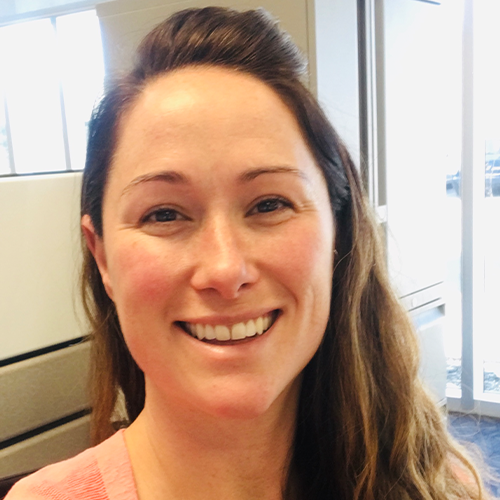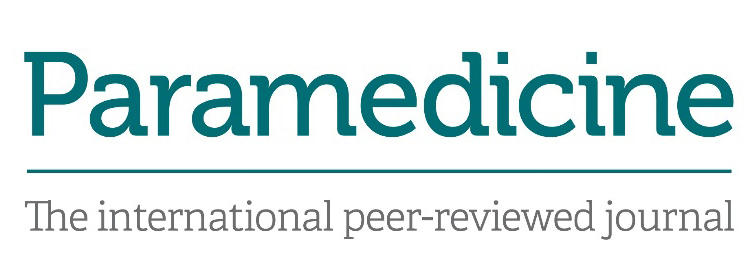2022 EMS Research Day Abstract Submission
Title –
Bringing Acute General Internal Medicine Outside of Hospital Walls
Introduction –
Home Hospital (HH) programs provide acute care in patients’ homes for conditions that would otherwise require hospitalization. Internationally, HH programs have demonstrated safety, excellent patient and caregiver experience, as well as reduced demands on hospitals. HH is also associated with lower risk of functional decline and admission to long-term care at 1-year post-discharge. Furthermore, this model reduces acute care utilization contributing to overall system cost savings of 17–62%. The Complex Care Hub (CCH) is an adaptation of international HH models within the Canadian context set in Calgary, AB. Community Paramedics in this environment act as an extension of the physician to perform assessments and administer treatments at the patients’ preferred location, at home.
Objectives –
To highlight the experience and report on the preliminary analysis of the impact of a Canadian HH program comprised of a multidisciplinary collaboration between General Internal Medicine Physicians, Nurse Navigators, and Community Paramedics
Methods –
Preliminary data was analyzed through a mixed methods approach to evaluate the first two years of the CCH program through the quadruple aim framework to provide care, improve health, reduce cost, and add meaning to the work of healthcare providers. A total of 290 admissions for 262 patients were examined for health outcomes and surveyed for their patient experience.
Results –
Patient outcomes and experience suggested that the program provided safe care. CCH patients reported high satisfaction (average 9.3/10; n = 169) and 77% felt that CCH helped them regain their independence and function (n = 168). Self-reported overall health status (EQ-5D-5L30) increased from time of admission to discharge and further improved at 30 days. The Zarit Burden Interview was utilized to examine the experience of informal caregivers and healthcare providers and found no statistically significant difference which suggests no evidence of the program increasing caregiver stress. CCH’s 30-day readmission rate was 9.2% versus 13.4% for patients from Calgary’s medical wards. Also, 11.4% of hospital readmissions were avoided by admitting patients directly to CCH, bypassing hospital completely.
Conclusion –
CCH is a viable Canadian HH and intensive case management model for a general medical population. Preliminary findings suggest improved quality of care for lower acuity hospital-level conditions outside of hospital walls. Further studies are planned to more rigorously to evaluate the program’s quality and cost-effectiveness with control groups that will enable direct comparison between CCH and conventional hospitalization.
About the author:
 |
|
Michele Smith is a manager and a member of the Alberta Health Services Mobile Integrated Healthcare team. She began her career as an advanced care paramedic working rurally for emergency services. Michele had no idea that she would later have the incredible opportunity to bridge the gap between pre-hospital and community healthcare by being part of the team that brought community paramedicine to Alberta. To note, this hospital-at-home initiative just won a prestigious award in Alberta. I attached the news release and you can find out more about it here: Award Recipients > Health Quality Council of Alberta (hqca.ca) |




Commentary